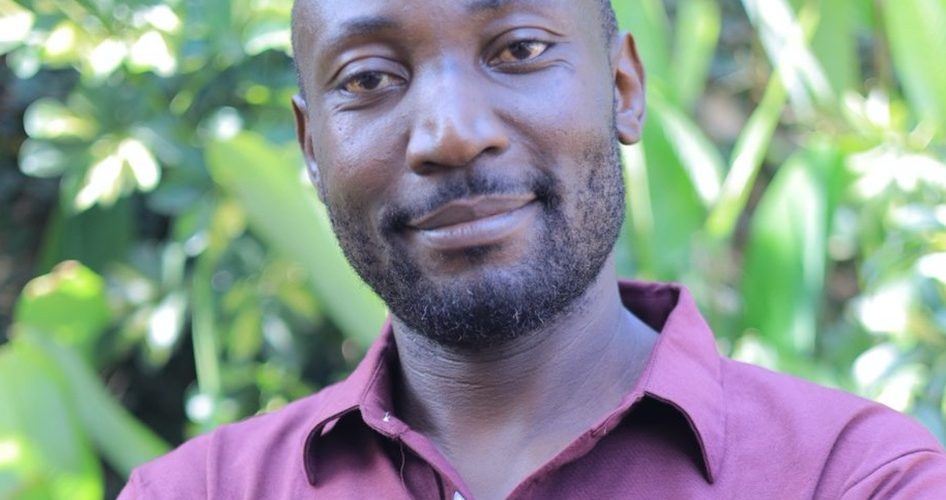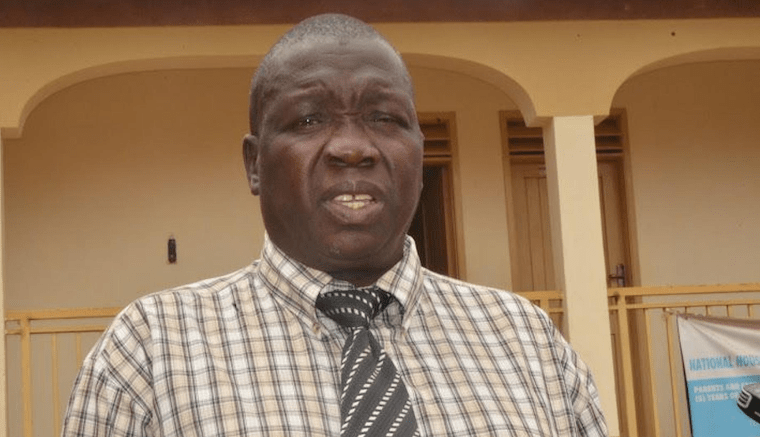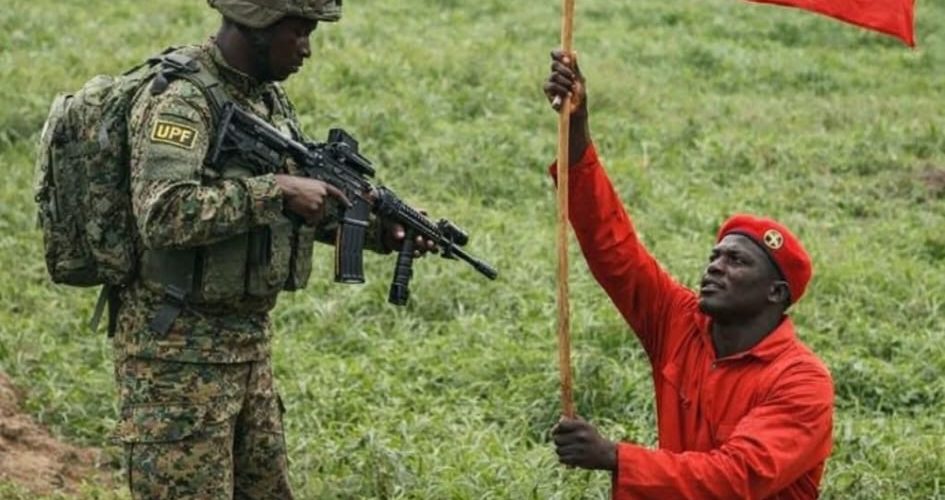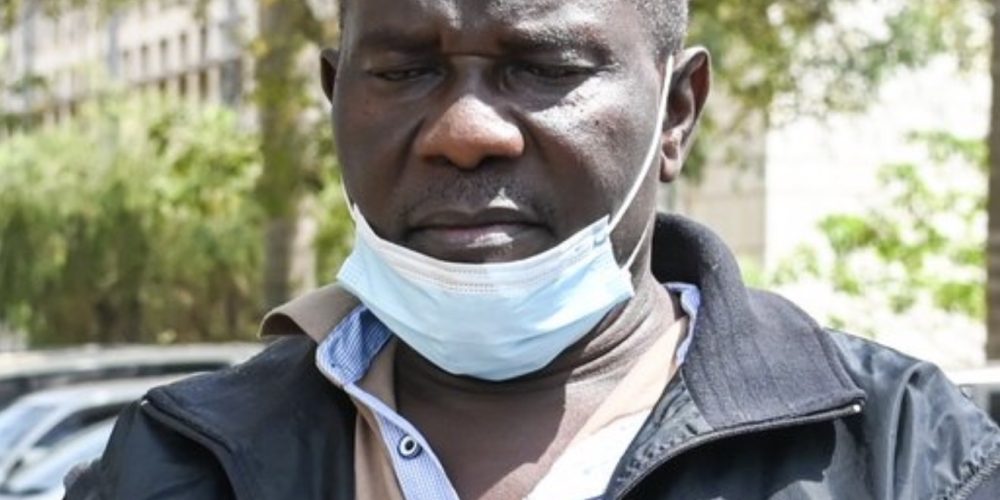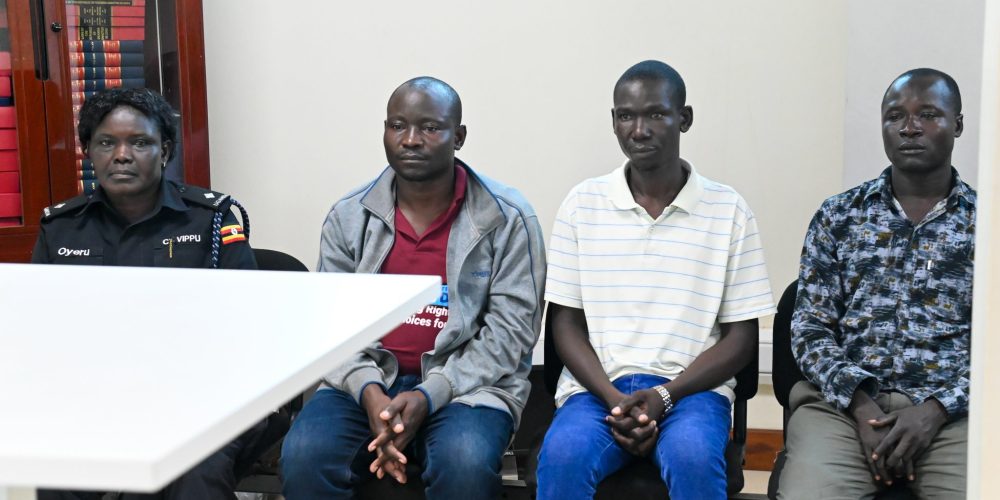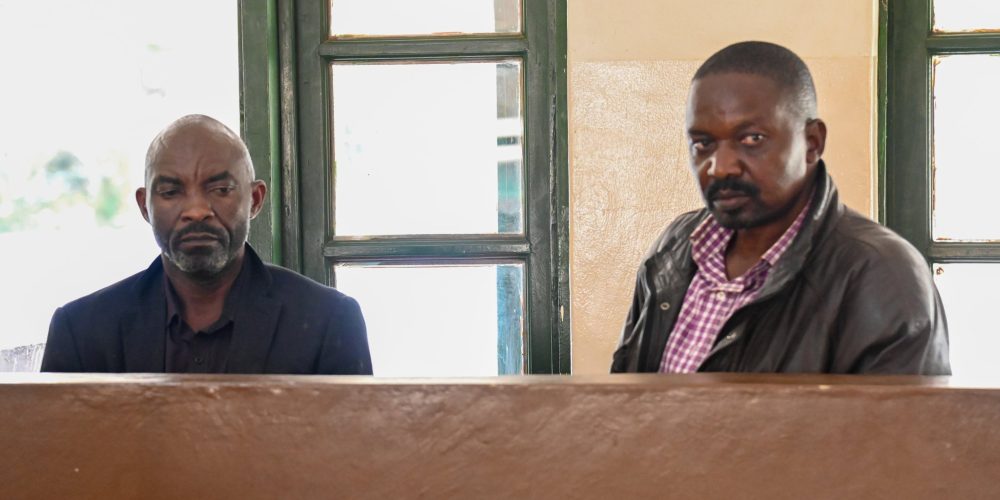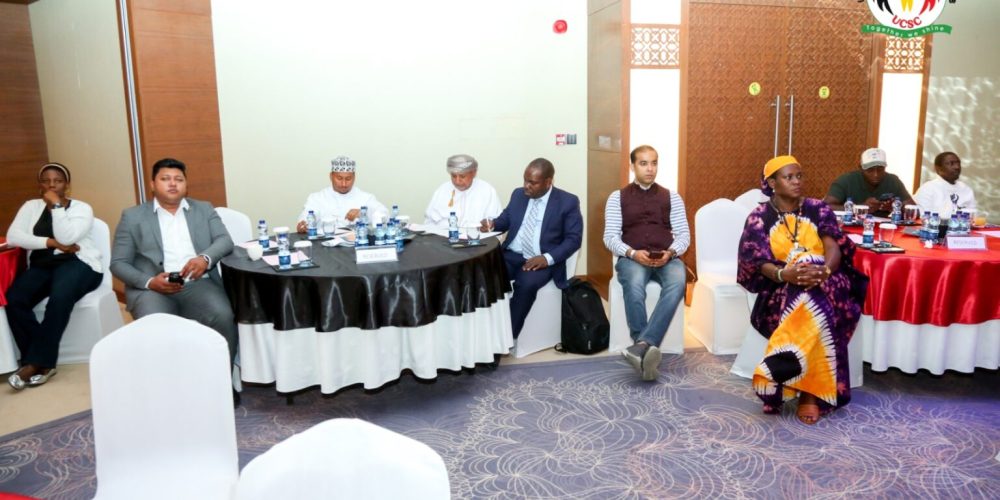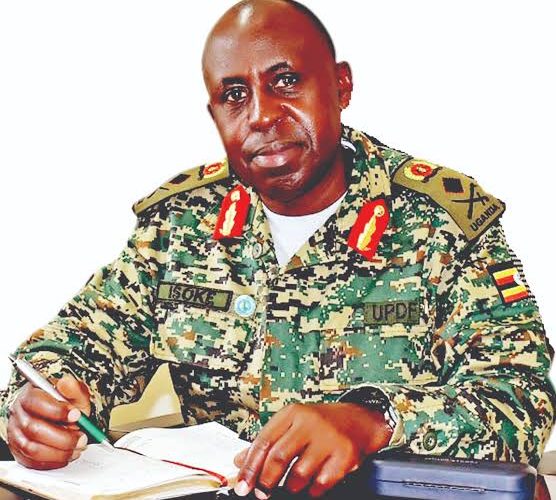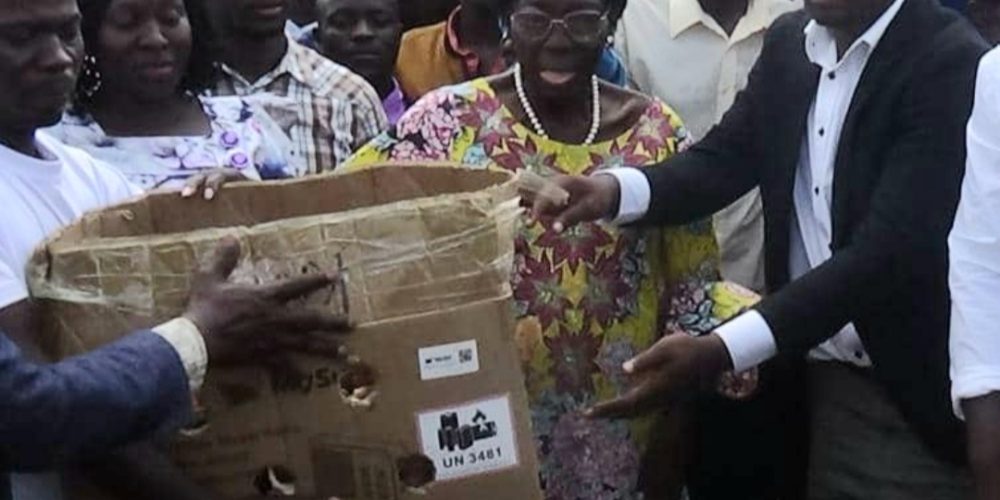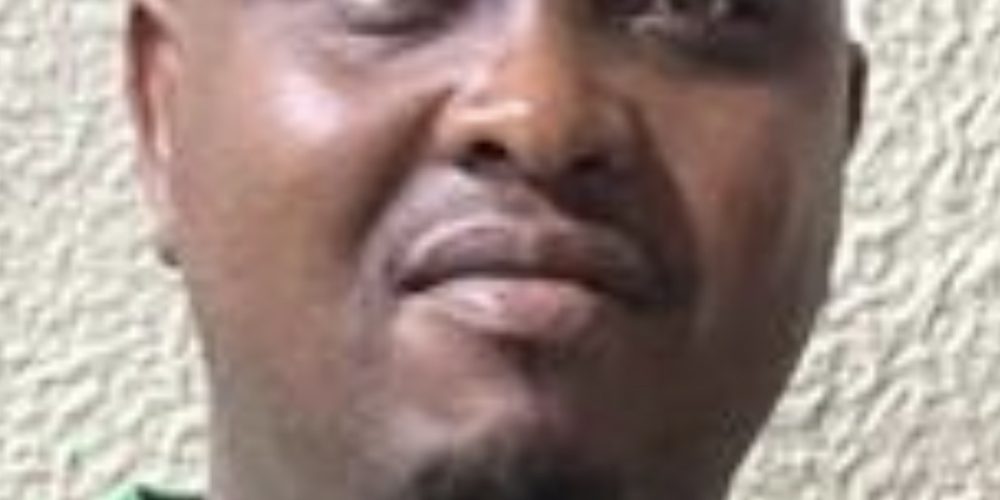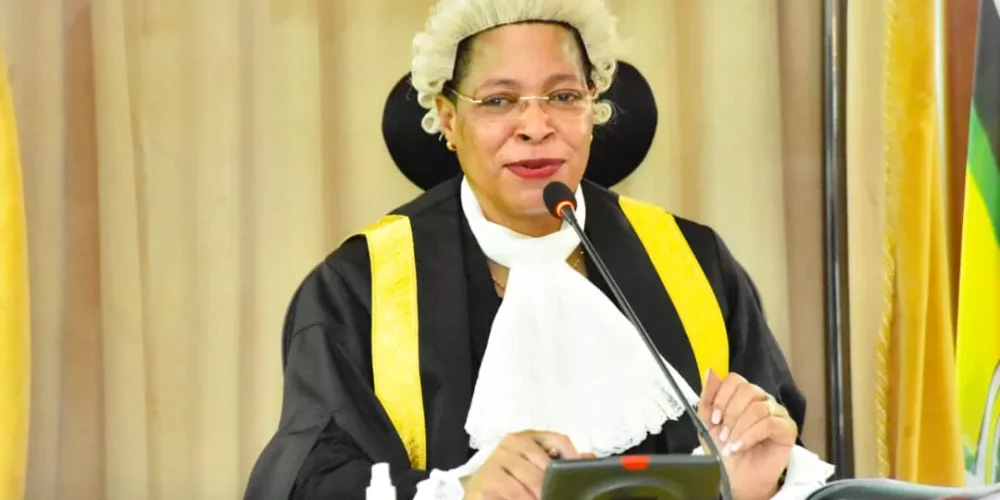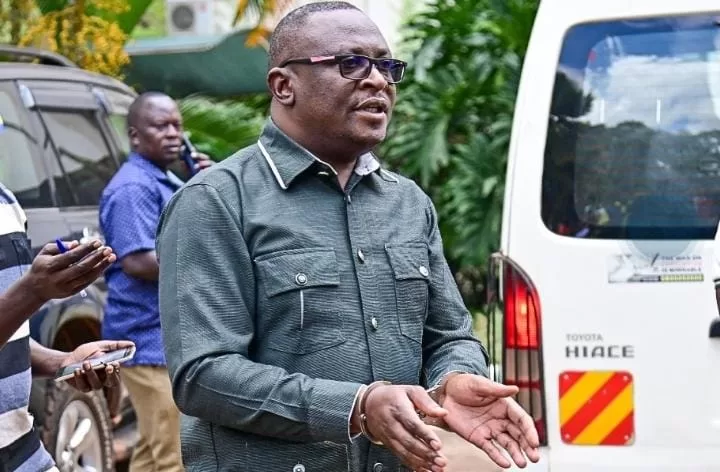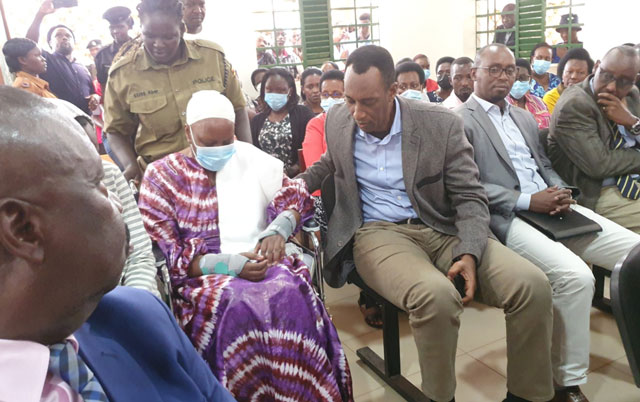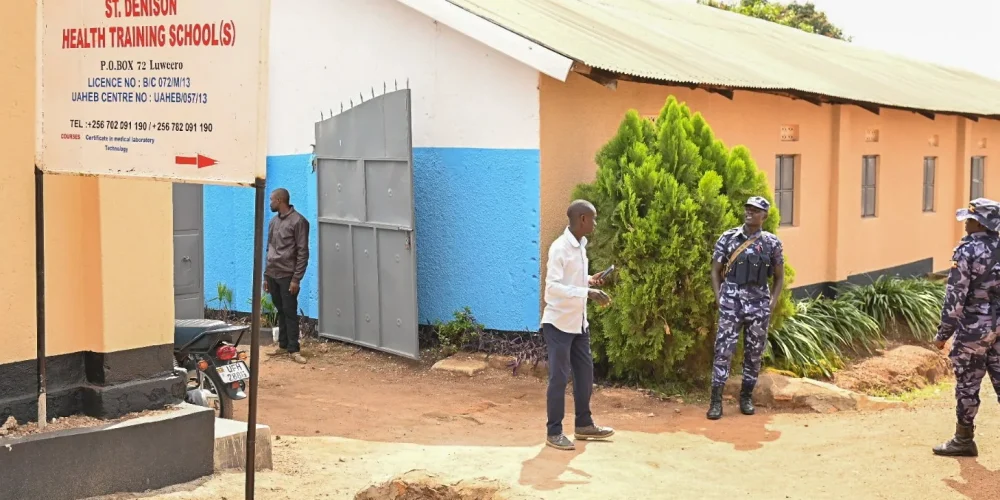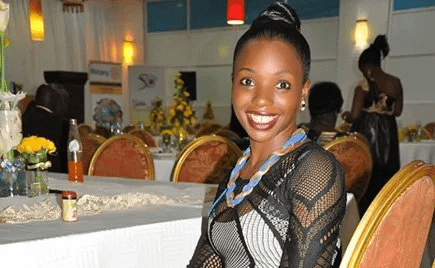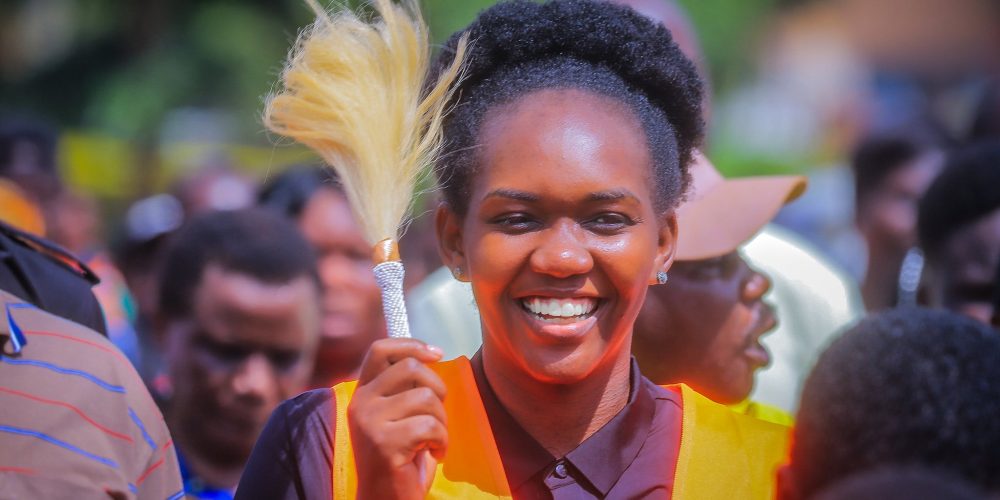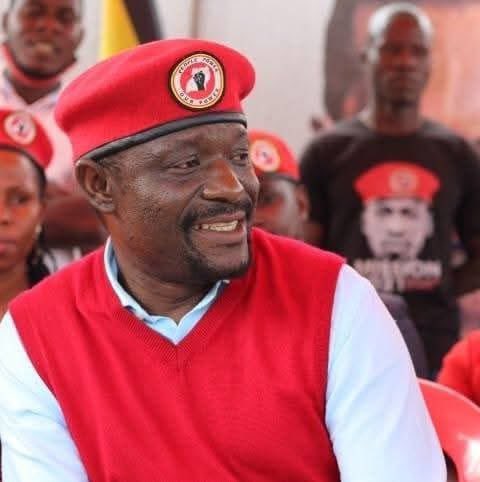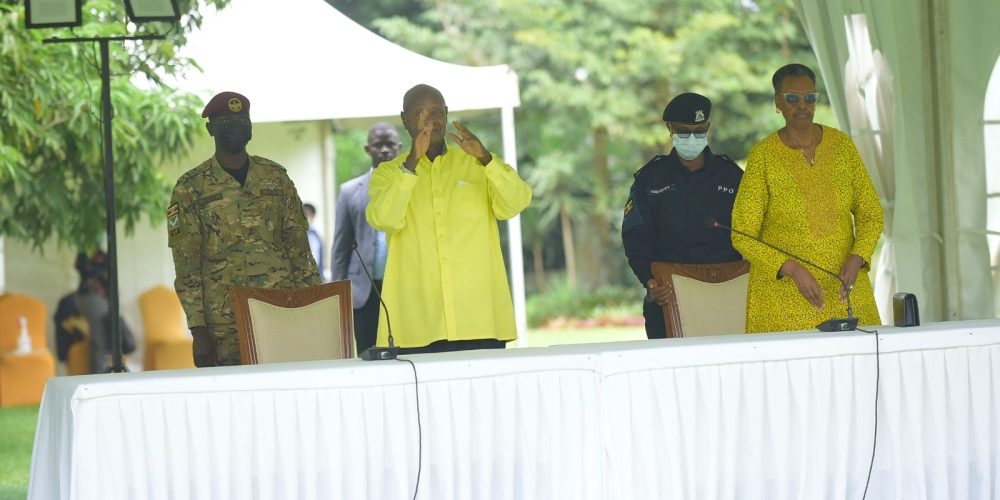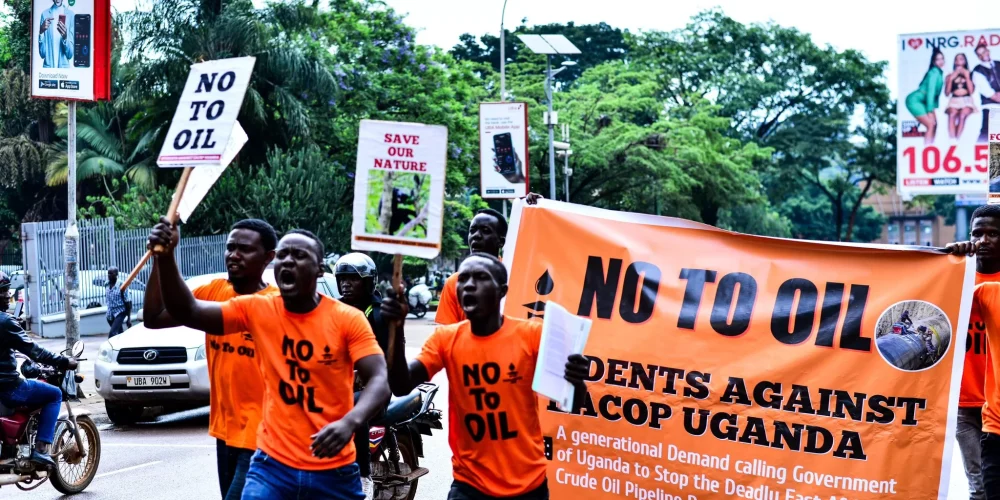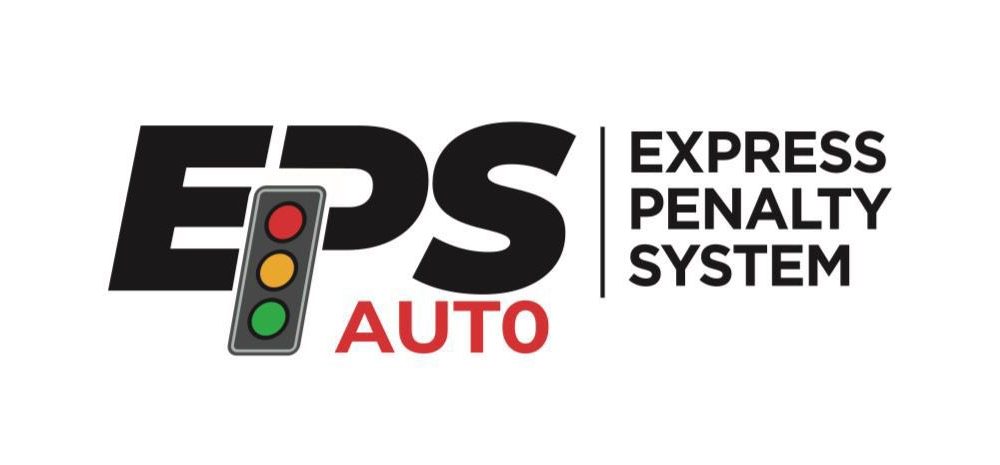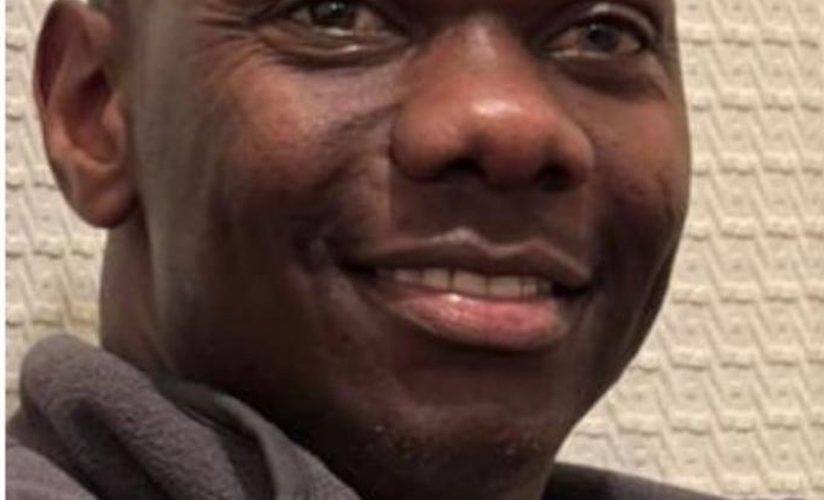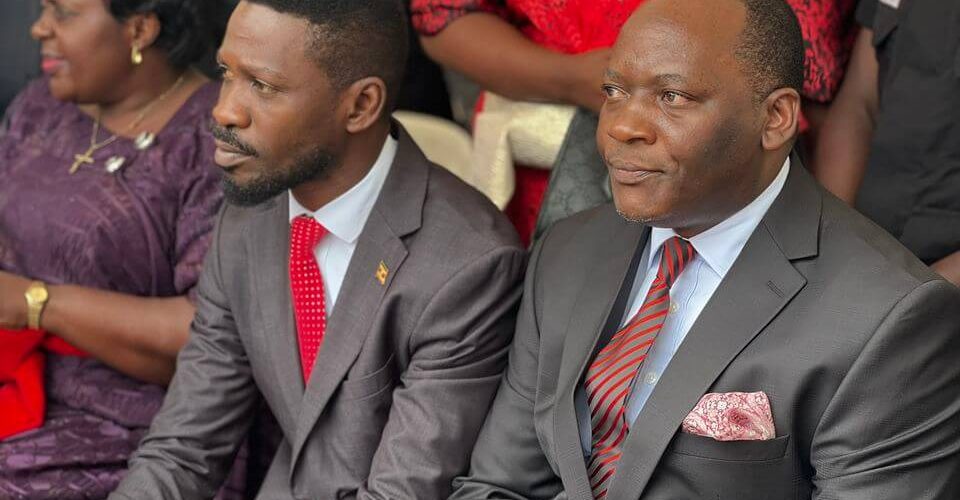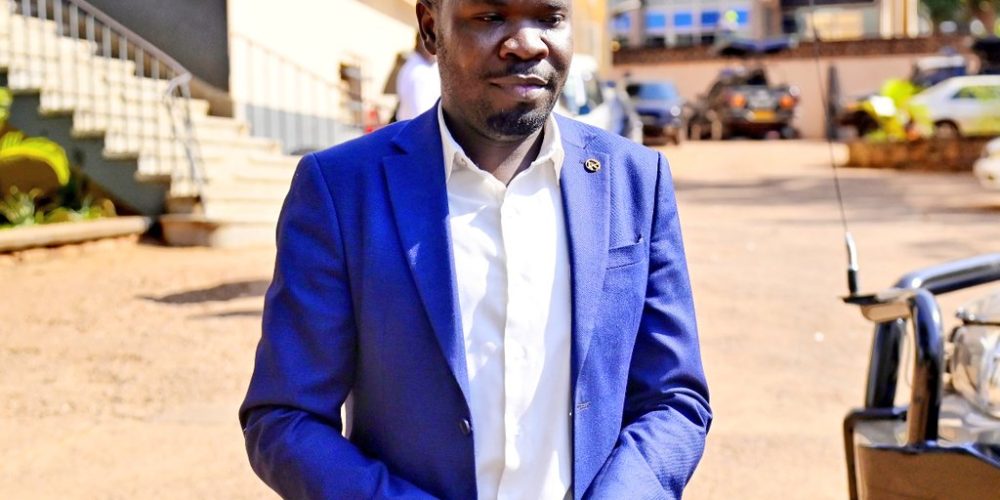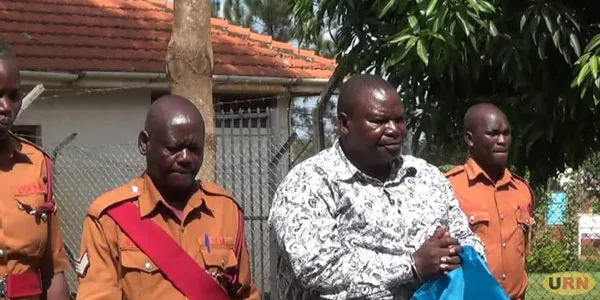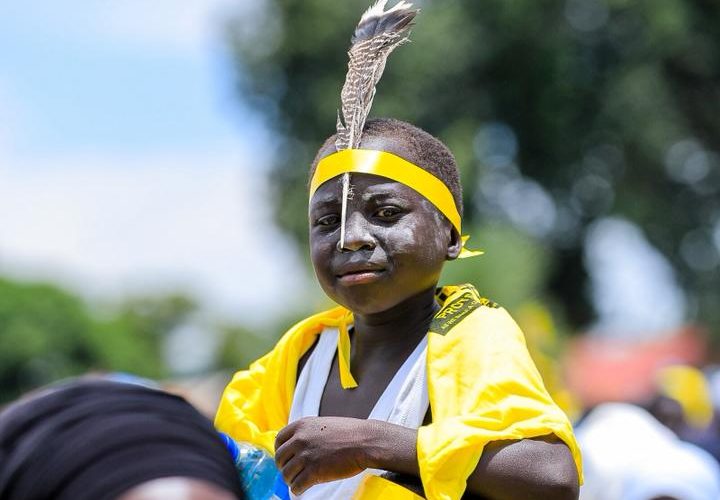Uganda Election Turmoil Looms: Warnings Abound
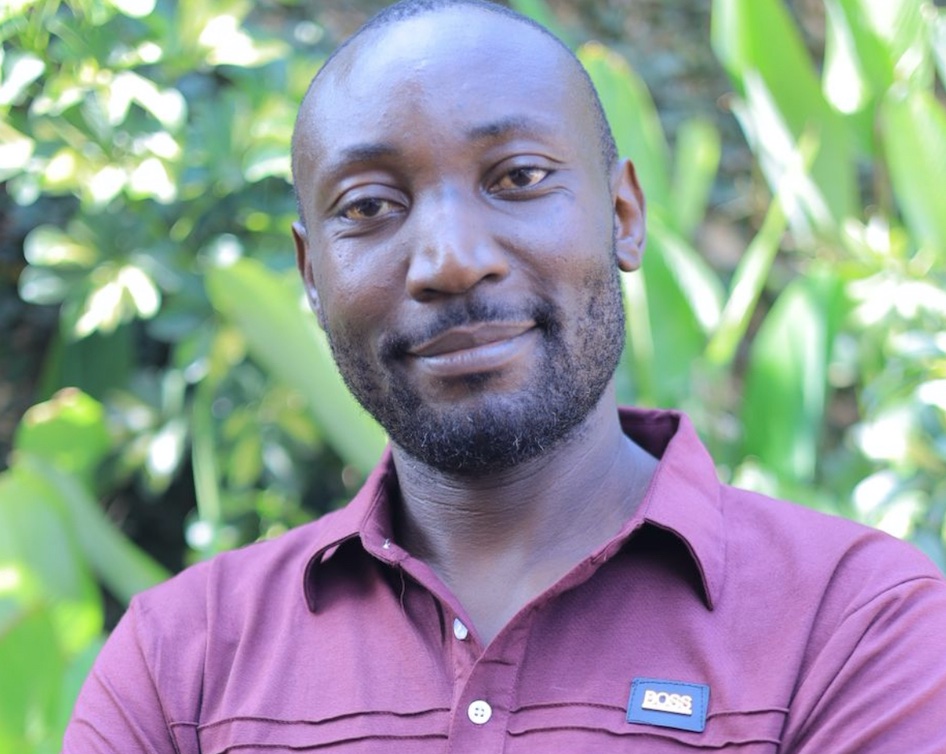
By RICHARD KIZZA LUGOBWA
LONDON – As Uganda approaches the 2026 general elections, concerns over the integrity of the electoral process are intensifying following widespread malpractice during the ruling National Resistance Movement (NRM) party primaries last month.
The primaries, held to select party flagbearers for parliamentary and local government positions, were marred by irregularities triggering a wave of concern across the political and civic landscape.
Critics, civil society organizations, opposition politicians and observers fear that the widespread irregularities are a warning sign of deeper systemic electoral failures that undermine the credibility of next year’s national polls likely to plunge the country into political turmoil.
Multiple reports from civil society organizations, independent monitors, and local media have documented instances of ballot stuffing, partisan behavior by state institutions, voter intimidation, bribery, and violence during the NRM primaries.
In numerous districts, party officials and electoral supervisors were accused of openly siding with certain candidates, sometimes going so far as to alter or fabricate vote tallies.
Disenfranchisement of eligible voters was also a recurring theme, with allegations of missing names on the register, intentional delays at polling stations, and unannounced changes to polling venues.
While the NRM leadership has acknowledged “isolated cases” of irregularities, it has largely dismissed the extent of the malpractice.
Party Secretary General Richard Todwong, in a recent press statement, urged aggrieved candidates to use internal party mechanisms to resolve disputes.
However, critics argue that such mechanisms lack independence and rarely result in meaningful redress, leading to growing disillusionment within the party and among the broader electorate.
The NRM primaries’ electoral misconduct is a microcosm of the national electoral delinquency risking the country into a general election that lacks both legitimacy and public trust.
The Electoral Commission, already under scrutiny for its perceived closeness to the executive, faces intense pressure to deliver a credible and transparent election.
But confidence in its impartiality has been significantly eroded, particularly after the 2021 general elections, which were heavily criticized for excessive military involvement, internet shutdowns, and post-election crackdowns on opposition leaders.
The National Unity Platform party president Robert Kyagulanyi Ssentamu, popularly known as Bobi Wine and leader of (NUP) is among the most vocal critics of the Electoral Commission pointing out partisan Electoral Commission appointments among other things.
Notwithstanding, similar patterns that characterized the 2021 elections are still prevalent. For example, the electoral commission remains heavily skewed in favor of the NRM ruling party, suppression of opposition rallies and activities, illegal detentions, security forces’ interference in political processes, and limited access to media for non-NRM candidates.
Kyagulanyi warned that “If this continues, Uganda will be heading towards another sham election, and that has serious consequences for peace and stability.”
Opposition figures, particularly those aligned with the National Unity Platform (NUP), have seized on the NRM primaries as evidence of a broader failure of governance.
In a statement released last month, NUP spokesperson Joel Ssenyonyi warned that the malpractices seen in the primaries are “a dress rehearsal for a stolen general election,” and called for international observers to be deployed well ahead of the polls.
Civil society organizations are similarly sounding the alarm. The Citizens’ Coalition for Electoral Democracy in Uganda (CCEDU), a leading election monitoring body, in a detailed report issued last month, urged the Electoral Commission to take proactive steps to ensure transparency, including timely voter register updates, impartial appointment and training of election officers, and deployment of robust monitoring mechanisms.
The group also called on Parliament to revisit and strengthen electoral laws, many of which remain vague or outdated.
“Uganda’s future depends on the integrity of its elections,” said Charity Ahimbisibwe, Executive Director Electoral Laws and Governance Institute Uganda. “If citizens lose faith in the ballot box, the consequences could be dire; from increased civil unrest to a complete breakdown of public trust in state institutions.”
This comes at a time when the National Unity Platform party preaches the “protest vote” campaign. In this campaign, the party emphasizes the lack of credulity and trust in the electoral commission and all stakeholders, thus encouraging voters to vote massively, guard their vote and swing into action (protest) if results are altered.
Despite the government’s firm stand against the NUP “protest vote” campaign, failure of the NRM electoral commission to put up a transparent party primaries indicates anticipated occurrence of the same in the national election.
To this day, the electoral commission has not officially come out to address NUP’s concern escalating tension and the party supporters’ zeal to ensure a free and fair election. Critics have warned a looming wreck of peace if the matter is not handled urgently.
Uganda has a history of post-election tensions, most notably in 2006, 2011, and 2021. The growing militarization of electoral processes and the routine deployment of security forces during campaign periods have created an environment of fear and uncertainty.
The 2021 elections, in particular, were condemned by international observers for lacking transparency and for the state’s use of security forces to suppress dissent.
Human Rights Watch, in its post-election report, accused the Ugandan government of orchestrating abductions and torture of opposition supporters in the lead-up to and aftermath of the polls.
If the 2026 elections follow the same trajectory as the NRM primaries, the risk of widespread unrest is imminent.
The writer is an advocate for democracy, justice and human rights through the arts, media and other platforms
Email: richardlk63@gmail.com
Tel: +447351353725











